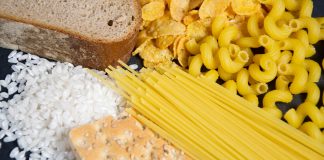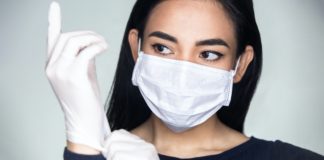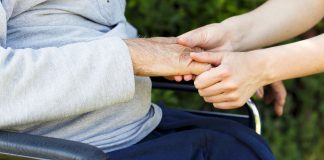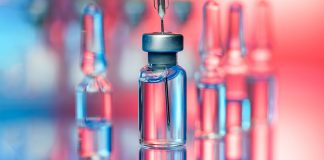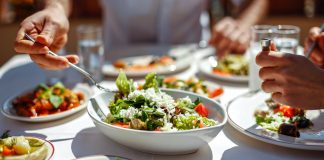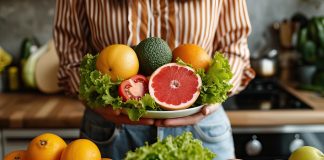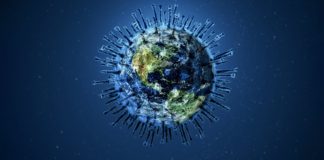Low-carbohydrate diets may shorten lifespan
A diet based on significantly reducing the amount of carbohydrates on your plate can reduce life expectancy by up to 4 years, according to a study published in The Lancet Public Health.
Vitamin D — another disappointment?
If we had to choose a star among vitamins, a star similar to the celebrities that electrify the world of people, vitamin D would have a very high chance of occupying the podium.
COVID-19: Why and how do masks, gloves and other protective equipment help?
I leave the house with gloves and a mask on. When I return, I clean my shoe soles and I wash my gloves with disinfectant. Then I take off my clothes, place them somewhere outside, take off my gloves and mask and wash my hands. Is this normal? Or am I a germophobe?
Protect yourself from the infodemic. Which doctors give us reliable information about COVID-19?
In addition to the COVID-19 pandemic, caused by the coronavirus, an "infodemia" is spreading, as described by the World Health Organization (WHO). The overabundance of information, some false or incomplete, about the virus, about its origin and effects, as well as the measures taken by the authorities to combat the pandemic reduce people’s chances of finding reliable information about COVID-19 and the advice...
Remember to rest
Sunday afternoons were a sacrosanct time when I was growing up in Argentina. Everything seemed to quiet and slow down between 2:00 and 5:00 pm, during siesta. Even shops would shut. All you could hear was the sound of the cicadas as the whole neighbourhood took a nap. Young and old, rich and poor were unified by this wonderful tradition. At least, I...
How can the church support those affected by dementia?
According to experts and organisations that support this category of patients, people suffering from dementia and their caregivers need all the congregational support they can get.
COVID-19 vaccines efficacy: Is it realistic to expect 100% effectiveness?
Medical science has made extraordinary progress over the last few decades, with achievements that have led to an increase in general life expectancy and quality of life. Today, afflictions such as cancer, severe heart failure, polio, or tuberculosis have modern and effective treatments.
Are you really okay?
Let me ask you a question: if a friend of yours or I were to stand in front of you today and ask, “Are you OK?” how would you respond? Could you, or would you, share how you really are? As a society, we seem to be becoming more and more aware of the mental health crisis we are in. On 8 September, Australia...
Vegetarian essentials
We all know that what we put into our bodies can have a direct impact on our health. It’s the reason we’re so frequently bombarded by different diet options, all promising in one form or another to help us “lose weight,” “feel fresh and energetic” or even to “cure autism and reverse chronic fatigue.” Fad diets aside, dietitians, nutritionists and healthcare professionals mostly...
COVID-19: Defending ourselves against fake news and panic
The fight against the new coronavirus is accompanied by several parallel fights, including the fight against fear, which can turn into panic—one of the most dangerous social phenomena.
COVID-19: White money for black days: using savings when you #stayhome
One of the most powerful pieces of literature illustrating the proper preparation for a financial crisis comes from antiquity. More precisely, from the Bible.
Detoxification through the body’s own resources
In antiquity, rituals were used to purify both spirit and body. With advances in technology and the refinement of marketing techniques in recent decades, the idea of purification has been revived in the form of “detoxification,” a concept that capitalizes on people’s fears related to pollution, unhealthy diets, and sedentary lifestyles.
COVID-19 and the great question: Why?
The danger of the novel coronavirus has given us pause to reflect. As Christian believers, apart from praying, we are expected to examine and question our beliefs in this time, and to seek answers which are rooted in the perspective of the Holy Scriptures.
The dangers of excessive sleep
Numerous studies have shown the negative effects of sleep deprivation. However, the problem of excessive sleep is also something to be wary of.
COVID-19: Which end is The End?
As the crisis caused by the new coronavirus deepened and spread, it was to be expected that the phenomenon would be framed in apocalyptic terms. It is something that tends to occur in such contexts.












